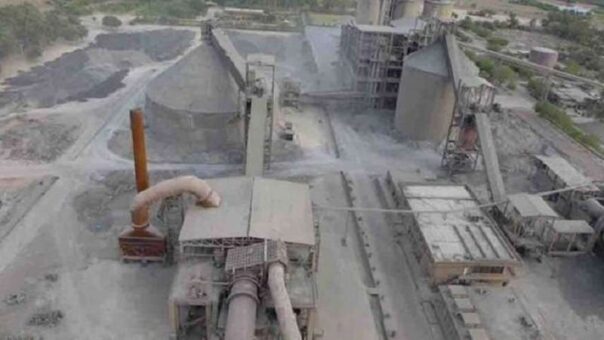Karachi, April 29, 2024 – The All Pakistan Cement Manufacturers’ Association (APCMA) has called for a tax rebate from the government to compensate for the substantial investments made in the unsuccessful track and trace system (TTS).
The demand comes in the wake of declining economic activity and rising production costs that have put significant financial strain on the cement industry.
In a recent statement, APCMA highlighted that the cement industry had cooperated fully with the Federal Board of Revenue (FBR) in the implementation of the TTS, acting in national interest. However, the association has expressed disappointment over the system’s failure and the financial losses incurred due to the forced adoption of the technology.
“The cement industry needs tax relief adjustments for its heavy investments in the system because the industry is in crisis due to decreasing economic activities, limited development activities, and an increase in production cost,” the APCMA stated.
The APCMA has been vocal about its skepticism regarding the functionality of the TTS within the cement sector, arguing that the system was not suitable and would not deliver the expected outcomes. Despite these concerns, the cement manufacturers were compelled to invest billions of rupees in equipment to comply with the FBR’s mandates.
The APCMA also noted the recent acknowledgment by the Prime Minister of Pakistan of the implementation issues with the TTS and welcomed his directive to investigate the mismanagement of its rollout. This investigation is seen as a step toward accountability and rectifying the procedural failures associated with the TTS.
Trials of the TTS in the cement industry were notably unsuccessful, leading to operational disruptions when the FBR halted cement dispatches to enforce compliance. “Instead of rectifying the shortcomings of the TTS, the industry faced forced stoppages, exacerbating the financial burden on manufacturers,” the APCMA lamented.
The association underscored the cement industry’s position as one of the highest contributors to the national exchequer, with approximately PKR 240 billion in taxes paid in the fiscal year 2022-23. The industry also plays a crucial role in earning foreign exchange through exports, which amounted to approximately USD 210 million in the same period.
Given these contributions, the APCMA is urging the government to acknowledge the industry’s proactive engagement and substantial financial commitment to the TTS initiative. “A collective approach to the implementation of the track and trace system would have saved valuable foreign exchange and could have yielded better results,” the APCMA argued, suggesting that collaborative planning could have avoided the costly failure.
The APCMA’s call for a tax rebate is positioned as a measure to mitigate the financial impact of the failed TTS on the cement industry, which continues to face economic challenges. The association hopes that such relief will provide some respite and help stabilize the sector as it navigates through these turbulent times.
The government’s response to this appeal will be critical in determining the future resilience and competitiveness of Pakistan’s cement industry, which is pivotal to the country’s infrastructure development and economic stability.
